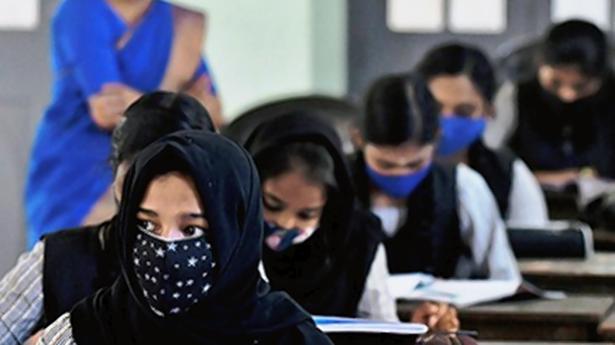Concern expressed over safety of children of working parents and chances of students skipping breakfast to reach school early
Concern expressed over safety of children of working parents and chances of students skipping breakfast to reach school early
The recommendation by the M.A. Khader Committee for Reforms in School Education to reschedule class timings from 8 a.m. to 1 p.m. has evoked mixed reactions from health experts.
The committee is learnt to have proposed holding extra-curricular activities like employment training, library, and training in arts and sports for students of Classes 5 to 12 from 2 p.m. to 4 p.m.
Expressing apprehension over the recommendation to change timings by starting an hour earlier, Rajeev Jayadevan, former president of the Indian Medical Association (IMA), Kochi, highlighted concerns of safety and security when children reach home early, especially in the case of working parents.
“The situation may turn more difficult for parents, who may have to depend on their neighbours or a stay-back facility for taking care of their children for the extra hour until they return home. In the Kerala context, nuclear families are the norm, and many parents are employed. Such a change will affect their work schedule. We also have single parents for whom such a change would not be feasible at all,” he said.
Maintaining that a major defect in the present system is that the time allotted for extracurricular activities is grossly insufficient, M. Narayanan, former president of the Indian Academy of Pediatrics (IAP), Kerala, welcomed the committee’s recommendation to devote two hours in the afternoon for sports, employment training, arts, and library. “Once children leave school, they are now mostly engaged in tuition classes and practically there is little time earmarked for physical activities. The concept of students getting curricular as well as extra-curricular training on school campuses will be a boost in their personality development,” he said.
Suggesting that a balance be achieved in ensuring the goals of curricular and extracurricular activities within the school timings, S. Sachidananda Kamath, former national president of IAP, said preponing class timings might result in a greater number of children skipping breakfast to reach school in time. “A healthy and nutritious breakfast is vital for children. Though extra-curricular activities are also equally important, there need not be a specific time for them on all days,” he said.





